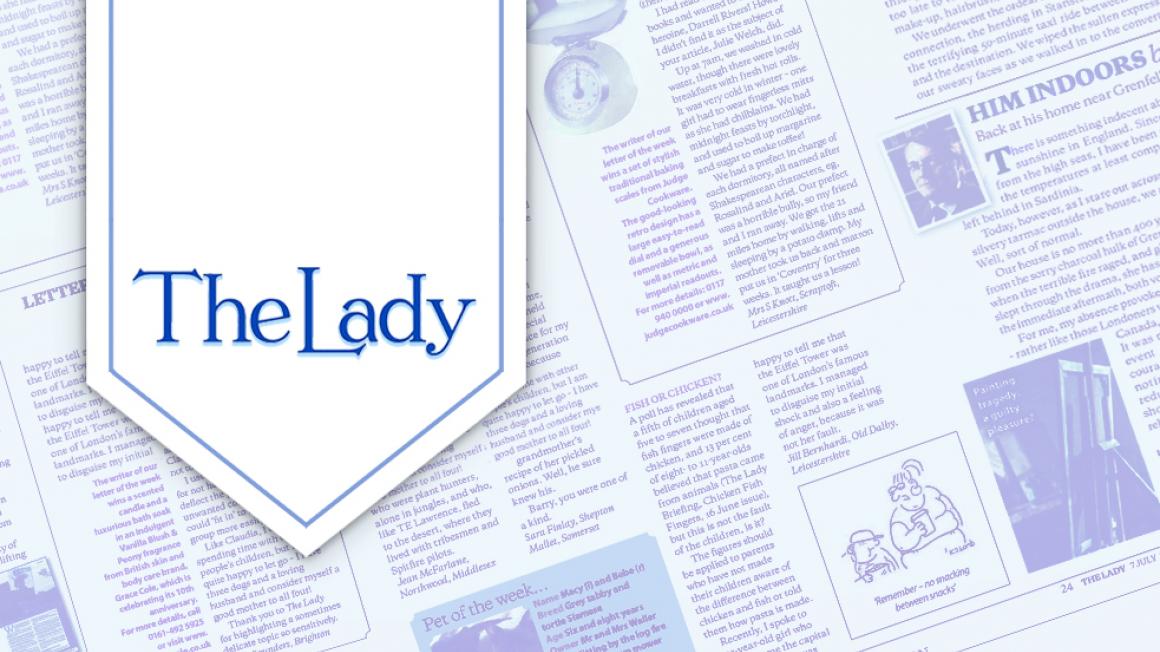GOING THE DISTANCE
Which type of airline passenger would you prefer to be? The one who's miserably squashed in the middle seat of a non-reclining row at the back of the plane, next to the loos? Or the one who's comfortably stretched out in the roomy space next to the emergency exit? The passenger who paid over the odds for their ticket because they missed the cheap deals, or the early bird who grabbed a bargain?
A long-haul flight doesn't have to be an overpriced, endurance test. Follow our top 10 tips to make sure your holiday gets off to the best possible start:
1 Do your homework
Think carefully about the route you want to take and the airline you want to fly with. Granted, you're more likely to choose where you want to go on holiday before you decide on how to get there, but it's certainly worth looking at all the different flight options and stopovers before you book. Beware of selecting on price. By paying a little more to fly with a better airline, you're likely to get tastier food, a more comfortable seat and higherquality in-flight service and entertainment. Skyscanner, www.skyscanner.net is a useful one-stop way of checking who flies where.
2 Look out for offers
Keep an eye on newspaper adverts and sign up to airline websites to hear about any discounts. Also, talk to good fare agents such as Trailfinders: 020-7368 1200, www.trailfinders.com Travelbag: 0871-703 4698, www.travelbag.co.uk or STA Travel: 0871-230 0040, www.statravel.co.uk to keep abreast of the deals, as and when they appear. In the months of January and February, the airlines unveil their fare sales so it's worth taking advantage of any savings that are up for grabs now – especially if you're planning a flight for next Christmas when prices peak.
3 Be flexible
If you're not tied to a particular departure date or time, you can save lots of money on your fare. Bear in mind that it's usually cheaper to fly on a Monday rather than a Sunday, and on a Thursday rather than a Friday – airlines say that you'll generally get the best bargains on earlymorning, midweek flights.
4 Buy early
Airlines say they release a certain number of seats in the cheapest price band on every plane, but it's unclear how many. On popular daytime departures or at busy times, the allocation will be fairly small. Once the first raft of seats has gone and demand increases, prices will rise. The rule is to buy your tickets as soon as the airline opens its booking period, or once you've finalised your travel plans. Only hold out for a last-minute bargain if you're flying at an off-peak time and aren't tied down by specific dates.
5 Go for comfort
The key to comfort is seat pitch: the measurement from the backrest of one chair to the backrest of the chair in front. Sometimes it can be as little as 28 or 29 inches. Most of the big scheduled airlines offer 30 to 32 inches in economy class (31 inches on British Airways, for example). On long-haul flights, charter airlines like Thomson Airways and Thomas Cook Airlines can be surprisingly generous, with allowances of 33 inches. Air New Zealand offers among the roomiest seats (34 inches in economy class). Chair width varies less, typically 17 to 18 inches from armrest to armrest. For comparative seat information, visit www.airlinequality.com or www.seatguru.com
6 Check luggage limits
Bag allowance on longhaul routes tends to be more generous than on the shorthaul flights. However, to avoid nasty surprises at the airport, check exactly what you're allowed to take, including case dimensions and weight restrictions. You may be limited to one checked-in bag, with a hefty fee for any extra items. Visit www.direct.gov.uk for up-to-date information about air-travel rules on luggage and security.
7 Pre-book your seat
Make sure of getting a good place in the cabin by booking a specific seat. Virgin Atlantic pre-allocates places up to 24 hours before the flight departs. Some other airlines impose a charge on passengers who want to choose a seat, but you may feel it's worth the money. Aisle seats allow you to stretch your legs more easily. Once free, the roomier seats by the exits (for able-bodied adults only) are now typically £50 to £100 extra per return flight.
8 Consider an upgrade
Some airlines offer an enhanced service that isn't as expensive as business or first class, but does offer upgraded food and complimentary drinks, plus better seats and entertainment. This can make a big difference on a long flight.
9 Check in online
Companies have different rules about how far in advance you can go through these formalities, but you can save yourself a great deal of time queuing if you print off your boarding card at home. This way, you merely use the bag drop and go straight to security.
10 Book an airport lounge
You don't have to be a frequent flier to use a departure lounge. If you look at the airport website, it will explain how you can book a quiet time in one of these calm havens where refreshments, newspapers and internet access are supplied free of charge. Some even offer relaxing massages – a perfect way to prepare yourself for long hours on a plane. You can book lounge space by visiting www.baa.com or www.holidayextras.co.uk



